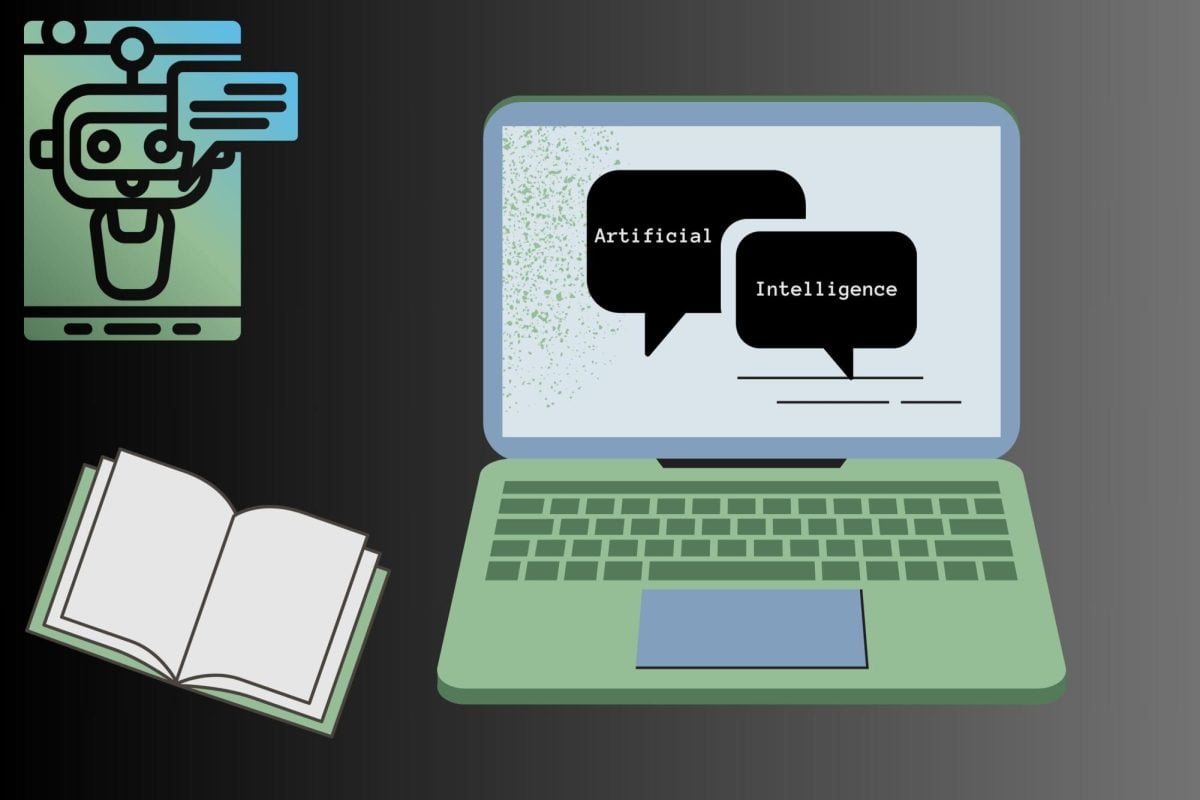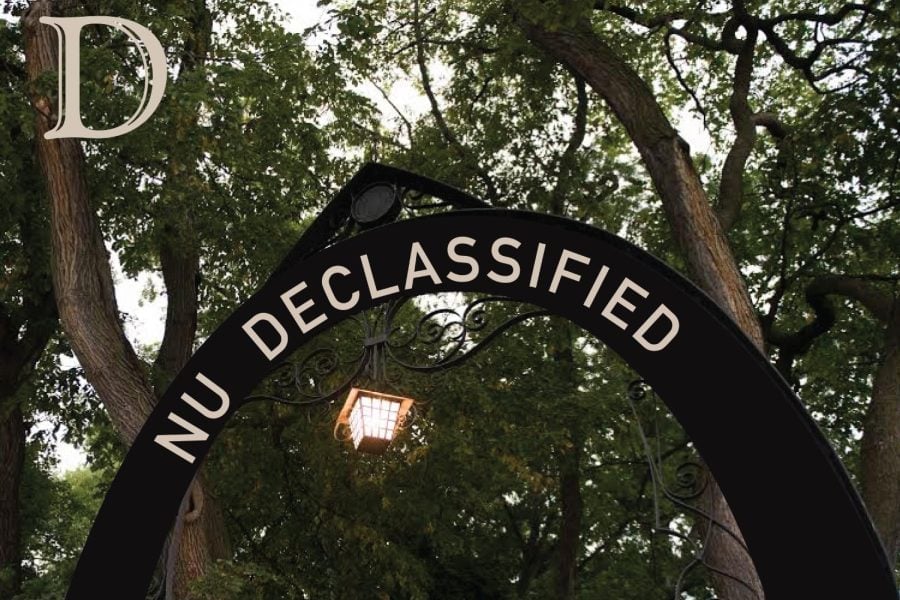Northwestern faculty and staff reflected on how their teaching practices could adapt to the ChatGPT era in an hourlong seminar led by the Searle Center for Advancing Learning and Teaching Tuesday.
Lauri Dietz, director of pedagogy and curricular development at the Searle Center, guided the session on generative A.I. and the act of reading.
“A lot of focus has been on ChatGPT and other generative A.I. tools in terms of writing and creating content,” Dietz said. “But I also think there are lots of ways that we can be thinking about (A.I.) to really engage our students in more active reading strategies.”
Dietz said there is a plethora of research on reading digitally but less on reading with ChatGPT — creating a potential intersection in learning strategy development.
Faculty spanning from theater to epidemiology departments then shared the roles that reading plays in their courses, with many noting its importance in facilitating students to reach course learning outcomes and further their analytical skills. Instructors also said discussion questions and problem sets helped further reinforce reading concepts for students.
“Across all my courses, even ones that are not specifically research methods classes, I want students to read sociological journal articles that pull back the curtain on the methodology,” said sociology Prof. Jennifer Keys, senior director of the Searle Center. “We’ve learned fascinating things from the sometimes messy details in ethnographies, in-depth interviews, and all kinds of research methods.”
Reading on paper is often seen as “better” than reading on a device, but only because there are more developed strategies for how to be an active and engaged reader on paper, according to Dietz.
She added that in preparing for Tuesday’s seminar, she came across research which supported that the biggest difference in reading effectiveness comes from strategies, rather than the modality.
But, Dietz said, when she used generative A.I., it was apparent that reading content produced by machines is different altogether — it disrupts reading’s traditional role of having humans engage with other humans. As a result of this strictly predictive, algorithm-driven technology, Dietz said one of the Searle Center’s developing mottos is that ChatGPT gives responses, not answers.
“I hadn’t thought of using more than one generative A.I. tool for the same purpose and actually comparing their outputs,” said Elizabeth Lenaghan, assistant director of the Writing Place. “That was actually really useful and an interesting way of thinking about not just comparing generative A.I. to human writing, but also comparing generative A.I. to itself.”
Other topics discussed in the session focused on the potential of large language models to enhance active and engaged approaches to learning.
“I like the idea of using these tools to give people examples of what a peer review might look like,” Feinberg Prof. Rowland Chang said, “At least in my course, I’m trying to get the students to become more critical readers and sometimes it’s hard for them to even know where to start. We can give them a framework, but maybe looking at it from the back-end (using A.I.) might be more helpful for them to actually assimilate the (reading) process over time.”
Email: [email protected]
Twitter: @noracollins02
Related Stories:
— Northwestern’s AI Club looks towards the future


















